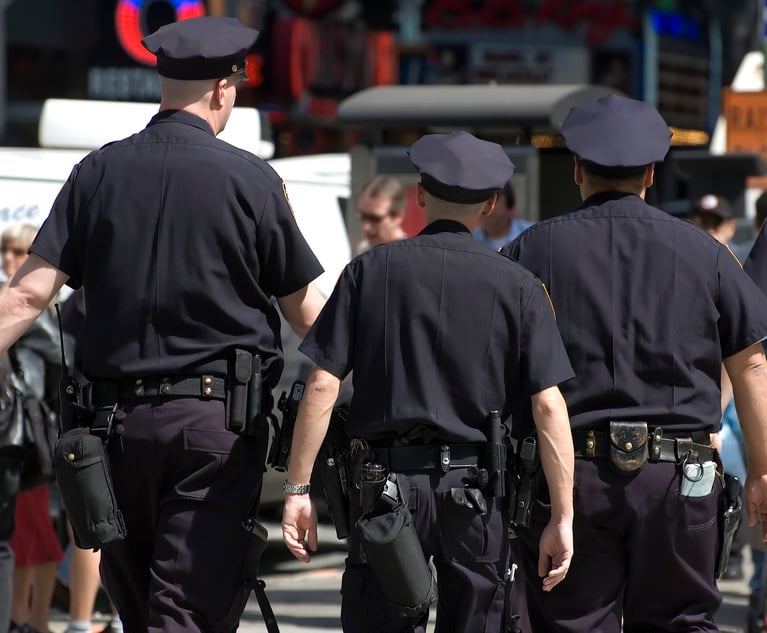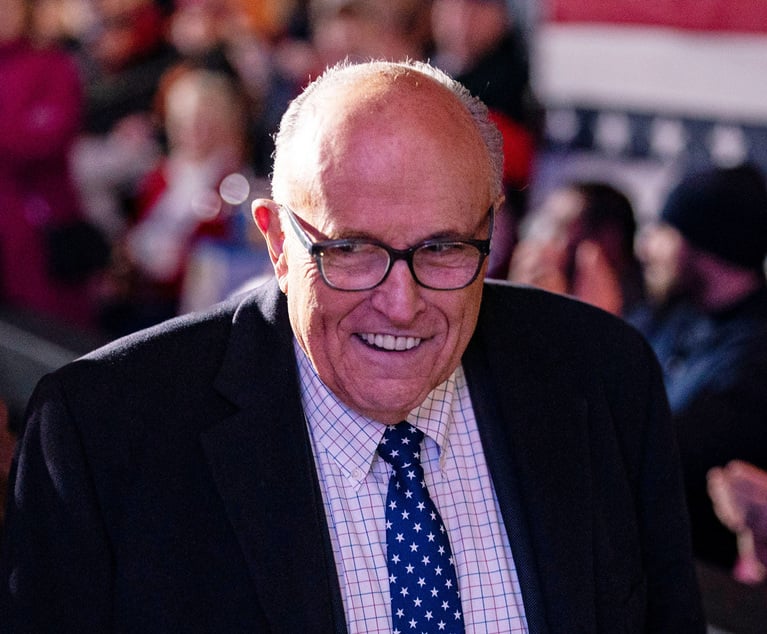The period leading up to the 2020 presidential elections witnessed an extraordinary focus on the role of social media in influencing political discourse. COVID-related information and disinformation and conspiracy theories were generated from the left and the right. Some political commentators were outraged when the President was banned from Twitter for creating or spreading false information. The shock waves from this period were influential in leading conservative political leaders to create state legislation to curb the discretion of the major social media sites that used their editorial preferences to delete extreme and controversial user-generated content.
Two states, Texas and Florida, enacted legislation to control social media companies’ discretion in removing controversial political, medical and opinion speech. The Texas statute, HB 20 (Tex. Civ. Prac. & Rem. Code, §143.001 et seq.) and the Florida law, Florida Statutes §§106.072, 501.2041, tackled the issue with somewhat different approaches but a similar result. Large social media sites were prohibited from deleting political speech and opinions, without regard to nature of the content. The expressed goal of both legislatures was to advance conservative political posts. When signing the Florida bill, Governor DeSantis asserted that it would counter the “biased silencing of our freedom of speech as conservatives …” It should be noted that the law was equally applicable to the most extreme left-wing opinion or political candidates. Texas HB 20 took a broader brush approach, by banning what it called “censorship” of most user-generated posts.


 Credit: REDPIXE/Adobe Stock
Credit: REDPIXE/Adobe Stock




